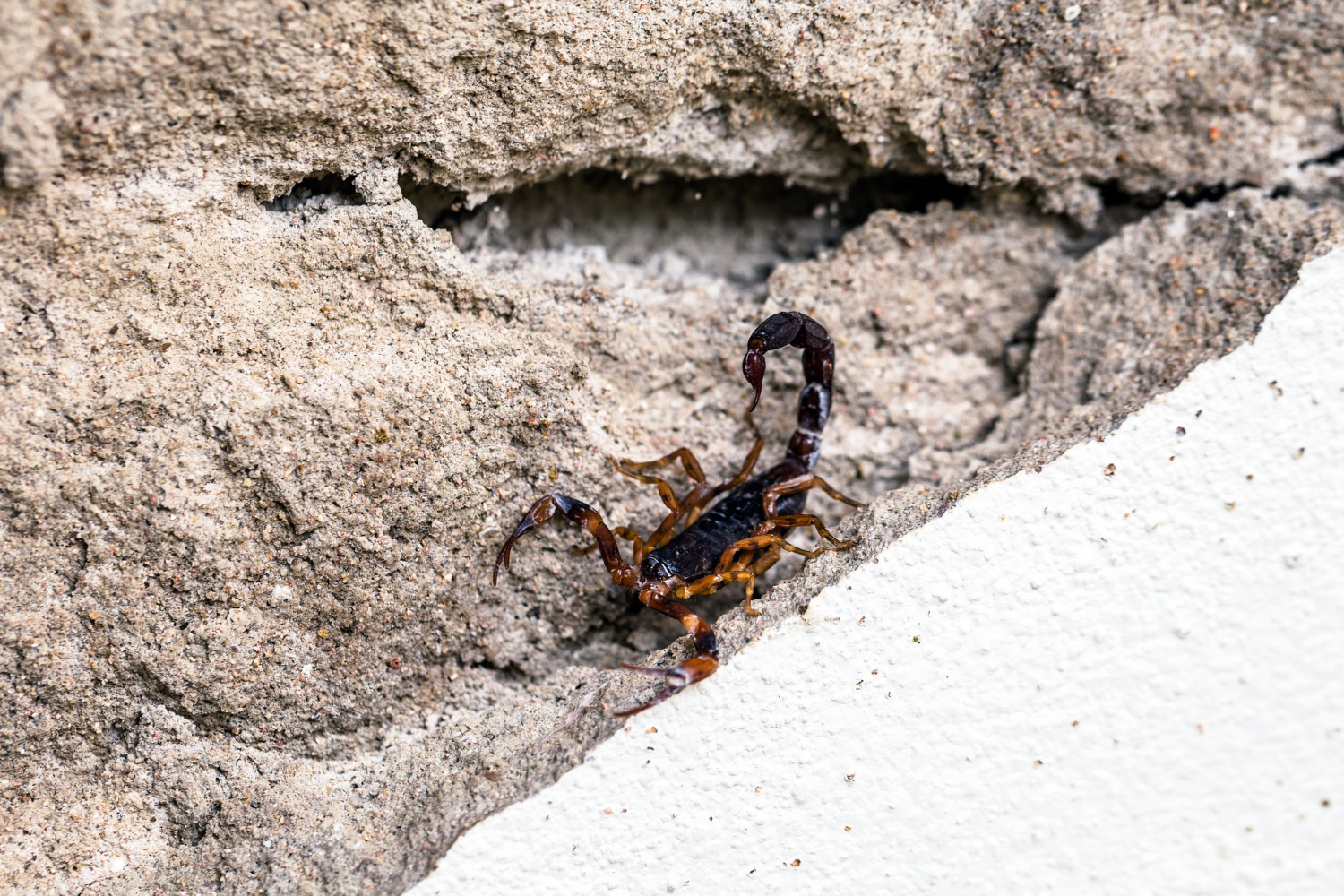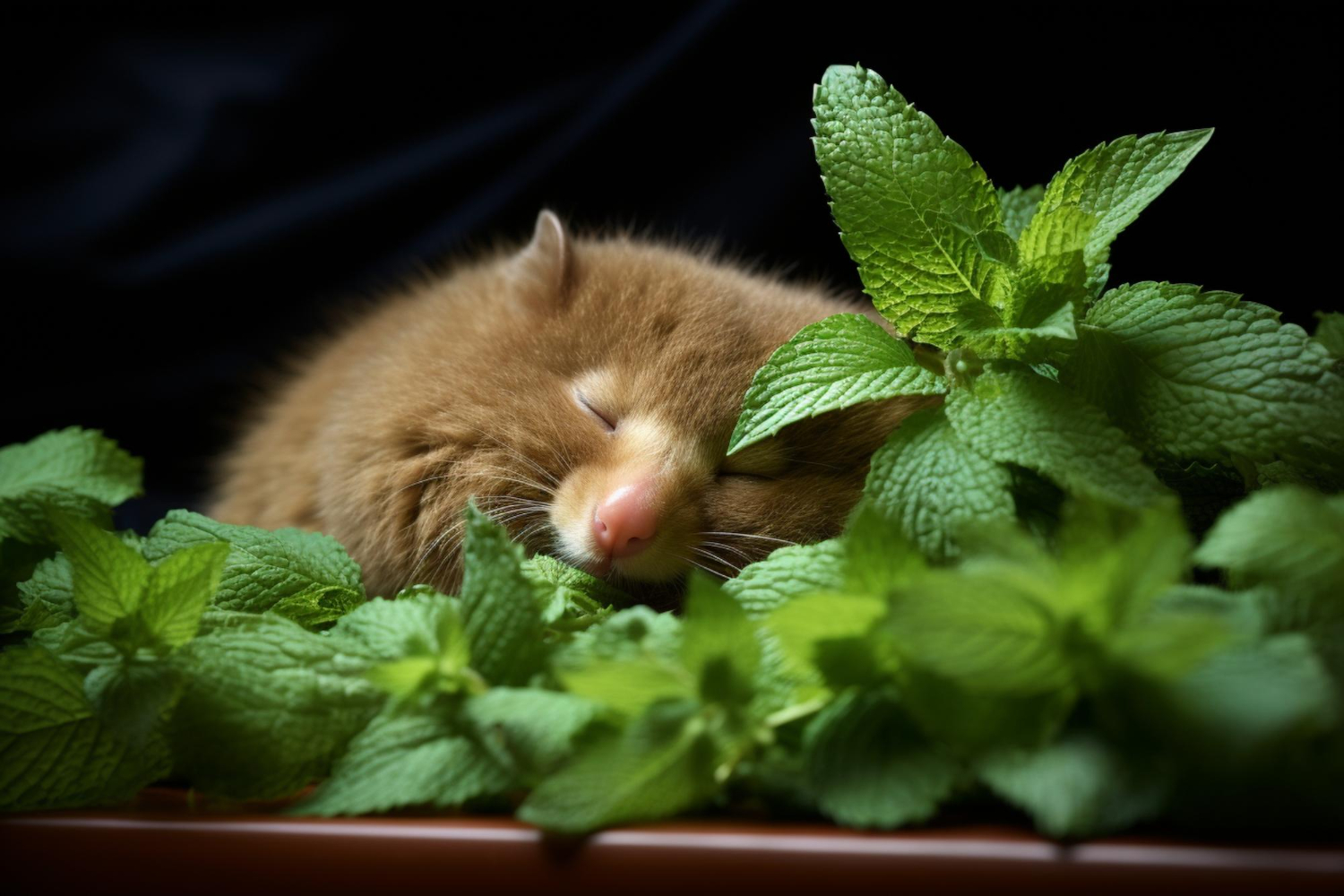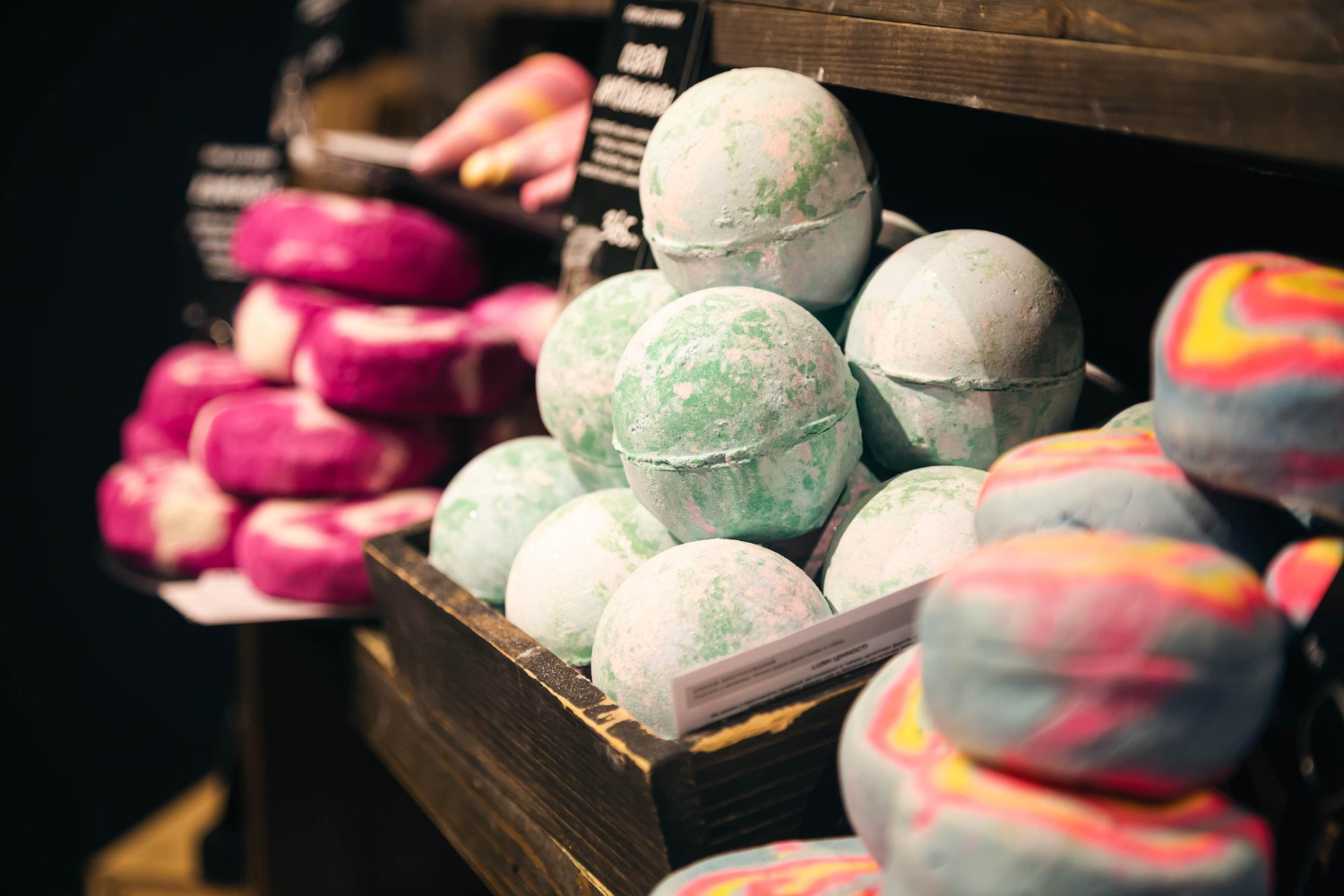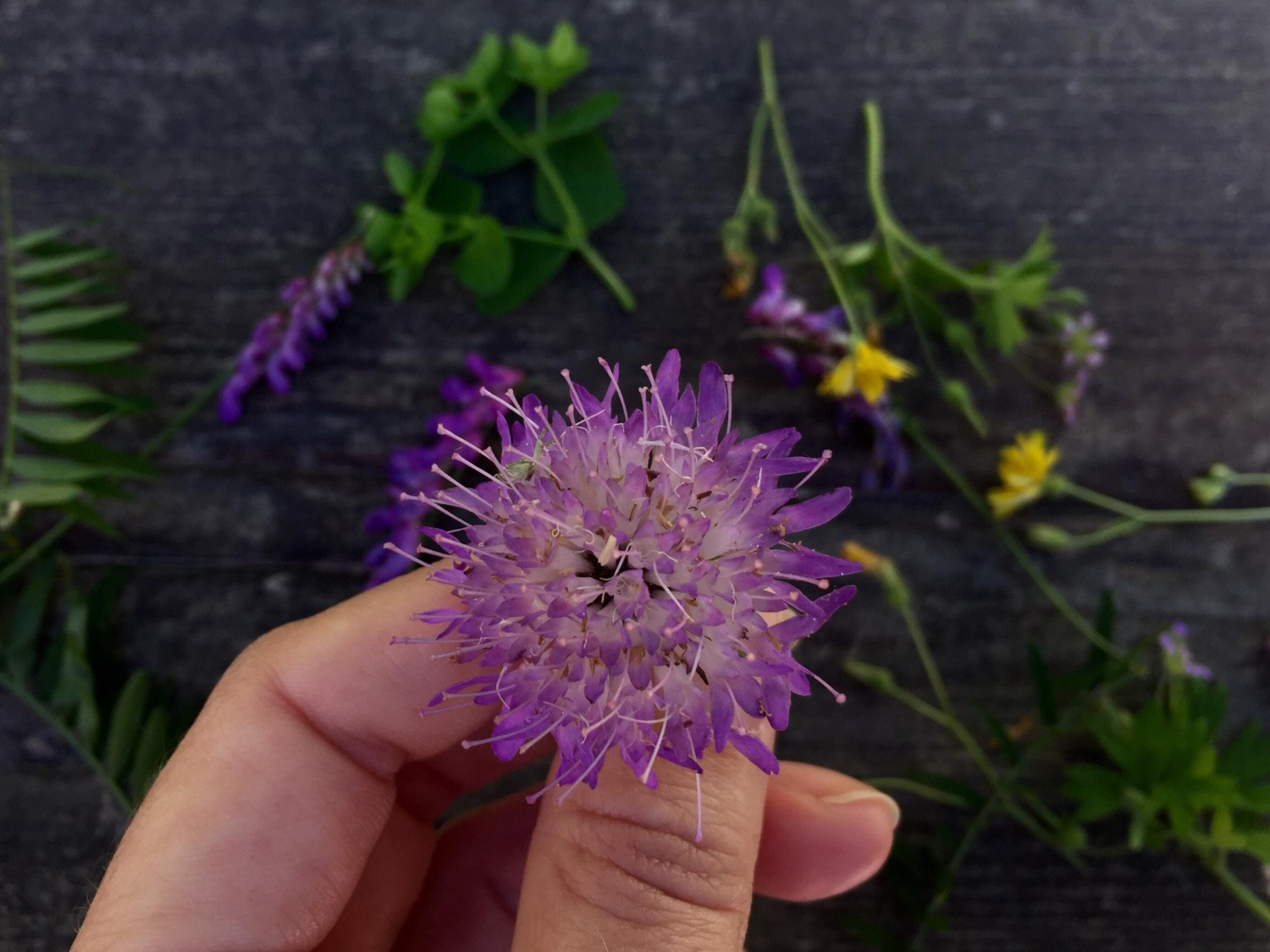When it comes to creepy crawlies, scorpions rank high on the list of creatures you’d rather not see in unexpected places—especially scaling walls inside your home. But is it true that scorpions can climb walls? And, more importantly, how can you prevent them from making an appearance in your living space?
This article dives into the fascinating abilities of scorpions, answers the burning question about their climbing prowess, and provides practical advice to keep your home scorpion-free.
Can Scorpions Climb Walls?
The short answer is yes—scorpions can climb walls, but their climbing ability depends on the surface.
Scorpions are equipped with specialized pincers, called ungues, at the tips of their legs. These act like tiny claws, allowing them to grip onto rough or textured surfaces. This innate feature makes scorpions effective climbers in their natural environment, where they scale rocks, trees, or cracks to hunt, hide, or escape predators.
Surfaces They Can Climb:
- Drywall
- Brick walls
- Wooden surfaces
- Rough concrete
Surfaces They Cannot Climb:
Scorpions struggle on smooth, non-porous surfaces because their ungues cannot grip effectively.
- Smooth glass
- Metal
- Plastic
Fun Fact!
The same precise pincers that make scorpions adept climbers also help them flourish in rocky desert terrains. They skillfully traverse jagged landscapes in search of food and shelter.
Why Do Scorpions Climb Walls?
Climbing is more than just a survival skill for scorpions—it’s an essential behavior driven by specific needs.
1. Searching for Food
Scorpions are nocturnal hunters that rely on stealth to ambush prey, including insects and small arthropods. Climbing walls allows them to access areas where they can find food, such as windowsills or ceilings where insects congregate.
2. Escaping Predators
Being able to climb gives scorpions an escape route when they sense danger. It’s a quick and effective way to evade predators like birds, lizards, or even humans.
3. Finding Shelter
Walls often provide access to cracks, crevices, or attic spaces, which scorpions use to hide. These undisturbed areas offer the perfect spot to rest and avoid harsh daylight.
Understanding why scorpions climb can help you take preventive measures to limit their motivation to invade your home.
How to Prevent Scorpions from Climbing Walls and Entering Your Home
Stopping scorpions begins with making your home an uninviting environment. Follow these steps to safeguard your living space.
Seal Entry Points
- Install weatherstripping around doors and windows to close off gaps.
- Use caulk to seal cracks in walls, ceilings, or window sills that scorpions might use to enter.
- Install fine mesh on vents to block potential pathways.
Reduce Outdoor Attractants
- Keep your home’s perimeter tidy by removing debris like woodpiles, rocks, or construction materials, which are prime hiding spots for scorpions.
- Cut back any overgrown plants or foliage near your home’s walls.
- Limit outdoor lighting, as bright lights attract insects, which in turn, lure hungry scorpions.
Indoor Tips
- Declutter spaces to eliminate hiding spots, especially in basements, attics, or garages.
- Place sticky traps along baseboards or walls to catch scorpions that wander inside.
- Keep beds away from walls and ensure bedding doesn’t touch the floor to prevent scorpions from accessing your space at night.
Consider Professional Assistance
If you live in a region where scorpions are common and feel overwhelmed, hiring a pest control specialist might be the best solution. Trained professionals can identify problem areas, eliminate existing scorpions, and implement effective prevention strategies.
What Attracts Scorpions to Walls?
Certain factors make walls a natural magnet for scorpions. To reduce their appeal, it’s helpful to understand what draws them in.
- Textured Surfaces – Rough surfaces, like brick or stone, make climbing easy for scorpions.
- Dark, Quiet Areas – Scorpions are nocturnal and thrive in undisturbed environments. Walls with cracks or crevices provide ideal hiding spots.
- Prey Availability – If there’s a consistent supply of insects near walls, scorpions are likely to follow.
Tips for Minimizing Attractants
- Regularly sweep and clear away insects that congregate near walls.
- Keep lights off in outdoor areas to prevent attracting prey.
- Repair walls with holes, gaps, or worn-out materials prone to housing pests.
The Most Common Places Scorpions Are Found
Scorpions don’t limit themselves to walls. Here are some of their favorite hiding spots to watch out for and tips to stay vigilant.
Inside the Home:
- Bathrooms – Warm, damp environments make bathrooms a common hideout.
- Basements – Dark, undisturbed spaces attract scorpions seeking shelter.
- Attics – Less frequented corners of the house are ideal for hibernation.
- Cracks in Walls or Ceilings – These provide quick access to the outside world.
Outside the Home:
- Firewood Stacks – A perfect hiding place for scorpions due to the abundance of nooks and crannies.
- Landscape Rocks – Rocks hold heat during the day and provide warmth at night, making them attractive to scorpions.
Tip for Prevention
Inspect and shake off items like shoes, clothing, and firewood before bringing them indoors.
Take Control and Stay Scorpion-Free
Scorpions are remarkably skilled climbers, but with a little preparation and maintenance, you can keep them out of your home. Seal entry points, tidy up potential hiding spots, and reduce attractants to make your living space less appealing to these nocturnal predators.
Have you dealt with scorpions at home? Share your experience in the comments, or reach out to a pest control specialist for professional advice today.
FAQs
Can scorpions climb into your bed?
Yes, scorpions can climb into beds, especially if blankets touch the floor or the bed is near walls. Moving your bed slightly away from walls and ensuring no bedding trails on the ground can reduce the risk.
What surfaces can scorpions not climb?
Scorpions cannot climb smooth surfaces like glass, smooth metal, or plastic because these surfaces lack texture for their pincers to grip.
What do scorpions hate the most?
Strong-smelling natural oils, such as lavender or peppermint, are natural deterrents for scorpions. Dry diatomaceous earth is also effective in keeping them out.
Should I be worried if I see a scorpion in my house?
Spotting one scorpion doesn’t necessarily indicate an infestation, but it’s a sign to investigate further. If sightings are frequent, consider reaching out to pest control experts.


















